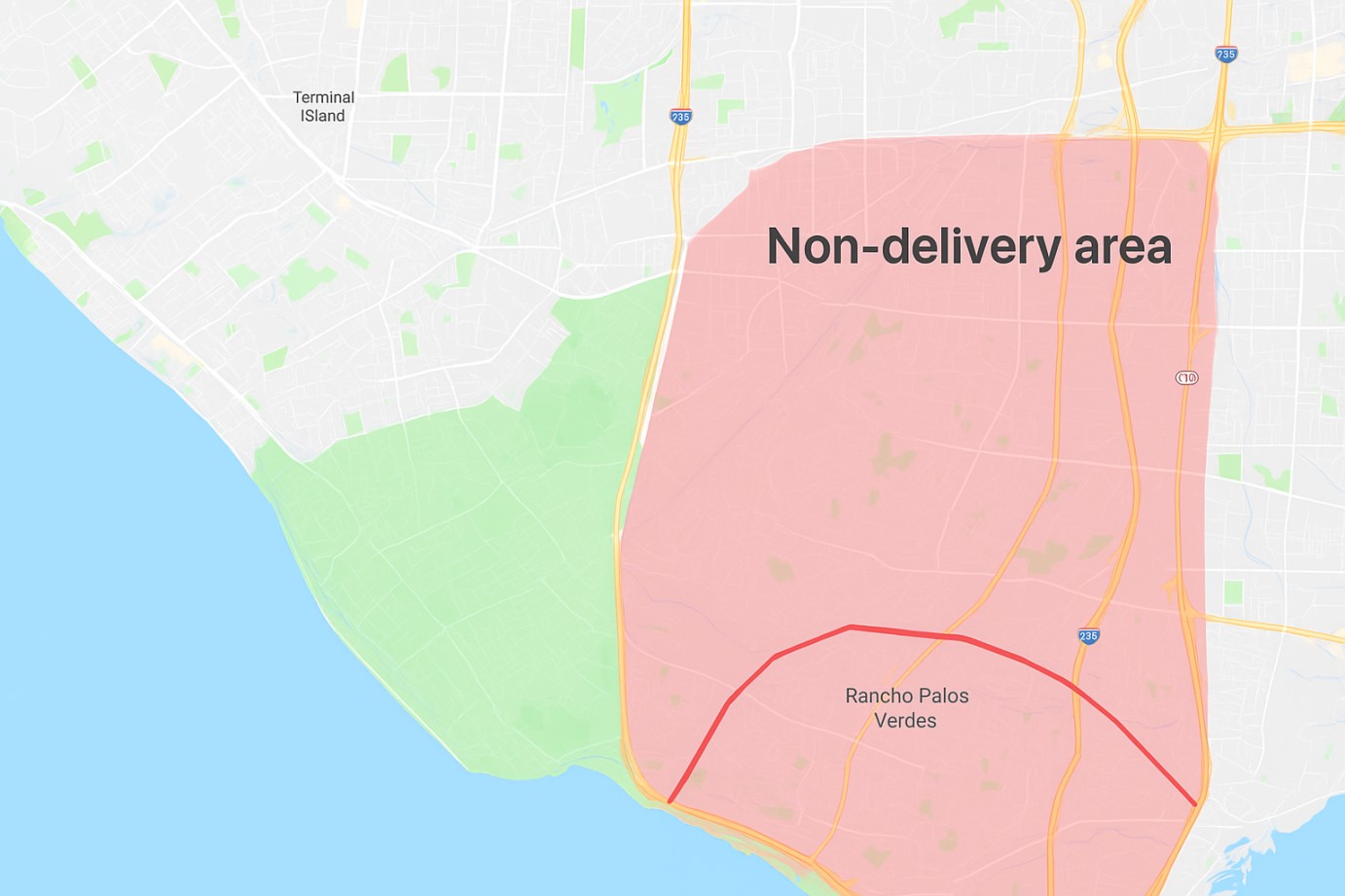This website uses cookies so that we can provide you with the best user experience possible. Cookie information is stored in your browser and performs functions such as recognising you when you return to our website and helping our team to understand which sections of the website you find most interesting and useful.
As a developer diving into WordPress, understanding hooks is like unlocking a treasure chest of possibilities. Today, let’s talk about the edit_term action. This hook is your go-to for modifying term data right after a term is edited. You can also use the edit_$taxonomy hook for targeting a specific taxonomy. To get started with the edit_term action, you’ll need to register it using add_action. This can be done in your theme’s functions.php file or a custom WordPress Plugin. Creating a custom plugin is often the preferred method, ensuring that your changes remain intact even after a theme update.
Example 1: Basic Usage of edit_term
Here’s a basic example that demonstrates how to use the edit_term hook. This snippet shows you how to execute custom code whenever a term is edited.
function weplugins_execute_on_edit_term_event($term_id, $tt_id, $taxonomy){
// Custom code here
}
// add the action
add_action("edit_term", "weplugins_execute_on_edit_term_event", 10, 3);
Example 2: Removing a Hook Callback
Sometimes, you might need to remove a registered hook. Use the remove_action function to achieve this. Below is an example of how to remove the edit_term action.
remove_action("edit_term", "weplugins_execute_on_edit_term_event", 10, 3);
Example 3: Using Parameters in edit_term
Below is a more advanced example that utilizes the parameters passed to the edit_term hook to perform specific tasks based on the term’s ID, taxonomy ID, and taxonomy slug.
function weplugins_custom_edit_term_function($term_id, $tt_id, $taxonomy){
// Use $term_id, $tt_id, $taxonomy to customize functionality
}
add_action("edit_term", "weplugins_custom_edit_term_function", 10, 3);
Parameters: To effectively use this hook, you need these parameters:
- $term_id: (int) Term ID.
- $tt_id: (int) Term taxonomy ID.
- $taxonomy: (string) Taxonomy slug.
If you need any customization or assistance with WordPress hooks, feel free to Contact Us. We’re here to help!
Explore the latest in WordPress
Trying to stay on top of it all? Get the best tools, resources and inspiration sent to your inbox every Wednesday.




